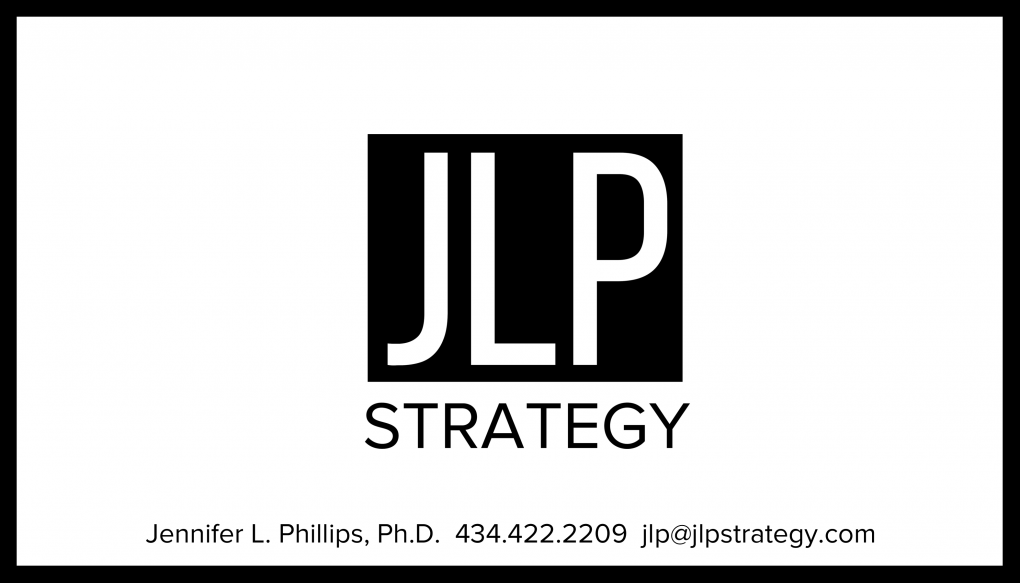I write this in the wake of horrible violence, yet again, in my country. Last night, snipers killed 5 police officers at what should have been a peaceful protest against bloodshed. Our nation is deeply troubled by cycles of violence, both individual and systemic. Civil discourse has degraded into partisan bullying, and everyone is heartbroken. You know this. I know this. But what do we do?
Let’s turn that question inward. What do you do?
Seriously. What do you do with your time and energy each day? What is your work?
These are not easy questions, ethically speaking. In fact, they are decidedly uneasy. As you consider them, I propose that you employ a concept from just war theory. The just war tradition has been used for centuries by heads of state and other political leaders to make sense of right and wrong in the context of war. It has been extremely influential in world history.1Learn more about the content and history of just war theory here, and learn about pacifist ethics here. However, it interests me today because of its framework.
Specifically, just war theory unravels two distinct aspects of war-making and sets clear ethical parameters for each. The two aspects are jus ad bellum, which governs the decision to go to war, and jus in bello, which governs conduct in war. I see this framework as useful for examining the ethics of work because it untangles two important threads of consideration: major strategic decisions and in-the-trenches tactics.
Here are analogous categories for the ethics of work:
Strategic:
- What is my profession?
- Whom do I work for?
- What is my organization’s mission?
- What is the broad impact of my profession and organization?
Tactical:
- How do I conduct myself at work?
- Am I learning as much as I can, to do the best work that I can?
- Am I practicing self-care to support engagement and energy?
- What are the practical ethics of my profession? Do I know them and hold myself accountable?
- What are the impacts of my specific, day-to-day decisions?
Surely, both of the categories above are paramount to ethical work. We need more people (you! me!) to choose professions and organizations that make positive impacts on the world. We also need to work ethically and earnestly within those contexts. What we learn from the just war framework is that both sets of conditions — the strategic and the tactical — are necessary. Either/or is inadequate.
I urge you to examine how closely your answers align with your personal values, your philosophical and religious commitments, your family’s collective mission, and your desire to DO SOMETHING in light of our shared struggles. Find the support you need as you make the changes you should (and surely we all must change).
What you do with your time is your impact on the world.
Let me say that again: what you do with your time IS your impact on the world. You likely spend 40, 50, 60 or even more hours at work — especially if you factor in commuting, travel frequently, or work as a caregiver. If you are fortunate enough to choose your work (and too many aren’t), you have a responsibility to choose wisely and a responsibility to go about it honestly. Bring your values into the equation, rather than compartmentalizing work vs. life.
“What do you do?” is classic small-talk, but it shouldn’t be. It’s the most important thing we can ask ourselves as we grapple with the dark and difficult. Honest answers will begin to shed a little light.


